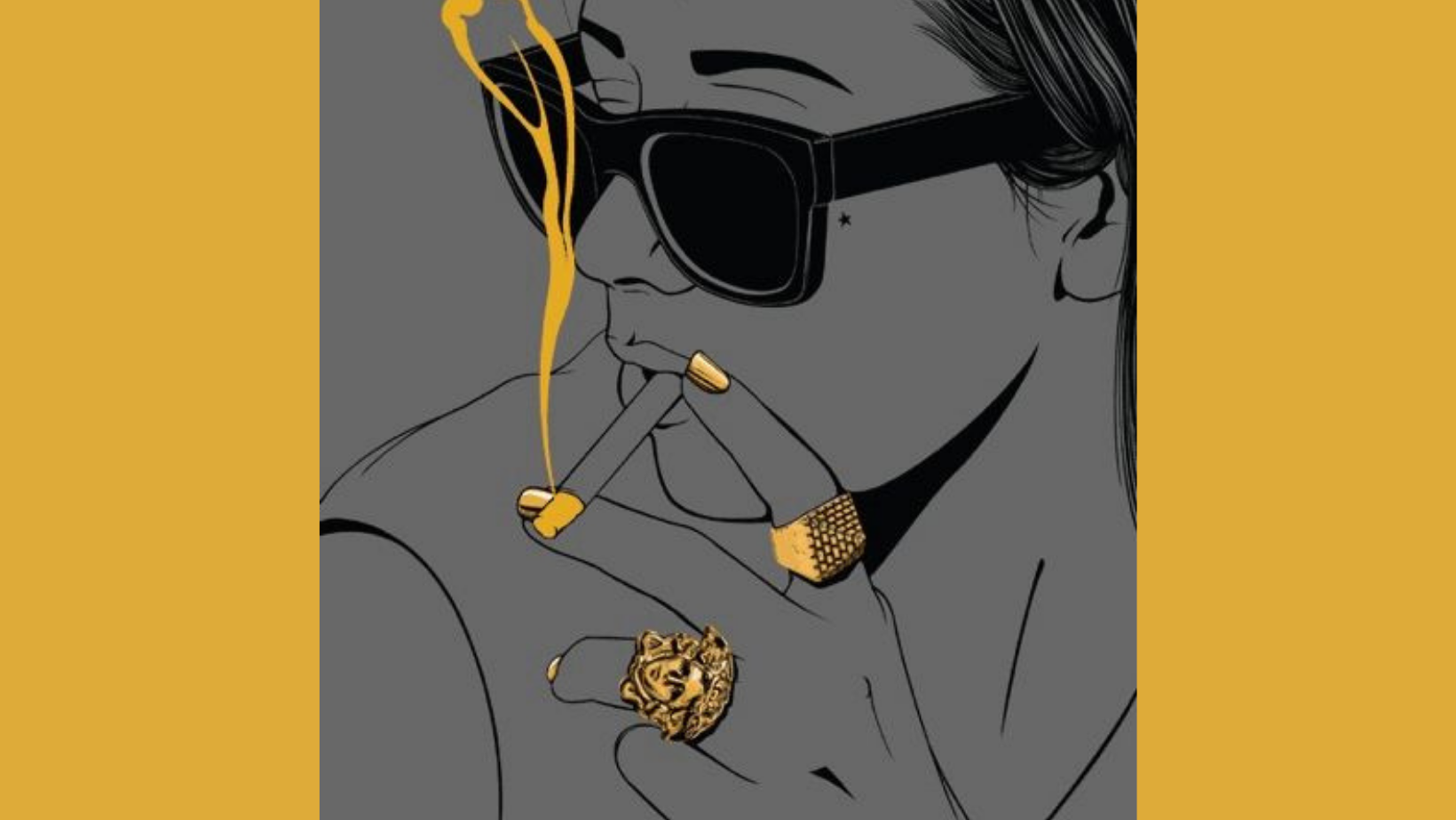By Hannah Anstee
The word ÔÇÿgold digger’ has been around since the 19th century, and while it initially meant anyone that was obsessed with gaining money, by the early 20th century it was being used as an insult specifically aimed at women. Gold diggers are typically portrayed as young, beautiful, self-obsessed women with almost no interests outside of fashion and living a life of luxury. However, they also go against some traditional stereotypes for women, often having no interest in children, and no desire to do any typical ÔÇÿhousewife’ chores like cooking or cleaning. But why is using this word specifically so harmful?
When Lady Gaga talks about her recent role as Patrizia Reggiani in House of Gucci, she insists that Patrizia is not a “sexy gold digger”. While that is debatable (you’ll have to watch it yourself to decide!) the fact remains that Lady Gaga sees it as an insult, and that being labelled as a gold digger would define Patrizia’s whole character for people going to watch it for the first time – despite her being so much more.
Two iconic examples – though there are many more – of gold diggers onscreen are Debbie Jellinsky, the villain in Addams Family Values (1993), and Marilyn in Intolerable Cruelty (2003). Debbie is portrayed as a psychopathic black widow, having killed her parents as a child for getting her the wrong barbie doll, and having murdered all her past husbands. While she is so stereotypical it becomes satirical, Debbie is the result of years of women in film being portrayed as emotionless and cruel if they value wealth, and really drives home all the negative traits people have connoted to gold diggers.
Contrastingly, Marilyn is an extremely skilled gold digger who, despite setbacks, ends up gaining an enormous fortune through inheritance by the end of the film. She is beautiful, but also sophisticated, intelligent, and funny. She isn’t shown in a negative light more than the rest of the cast of morally dubious millionaires, and I ended up fully supporting her as she made her way through three husbands.
Of course, by the end of the movie she decides “independence is a two-edged sword” and marries the romantic male lead Miles Massey (George Clooney). After gaining all the wealth she could ever need, she realised she was lonely and married a man who had less wealth than her. This is the thing that really makes Marilyn empathetic as a character; she never apologises for marrying for money, but that doesn’t mean she is emotionless or cruel. She just wanted the freedom to choose what to do with her life.
In comparison, many people found it hard to truly empathise with Daisy in The Great Gatsby (whether the book or film adaptation), a character you likely didn’t expect to see in this article. A lover of decadence and luxury in true 1920’s form, she was born into aristocracy and money. She might not be a typical rags-to-riches gold digger, but she states herself that she only married Tom for the stability of his old money wealth and status. To her, keeping the money and lifestyle she was born into is more important than anyone or anything else.
Even today, women that marry older, wealthy men tend to get looks – there’s a certain unspoken consensus that the woman must be a gold digger. Unfortunately, because of all the other connotations we have with this word after decades of cruel and shallow characters, people don’t stop to consider any other reasons she may have had ÔÇô even one as simple as love.
However, it’s becoming increasingly common for people to hold judgement for the men in these situations too. Marrying someone for money isn’t the most moral thing you can do, but neither is marrying someone younger than your children solely for their body. When there’s such a large difference in age and wealth, the younger party is in a significantly more vulnerable position. The gold digger trope pushes the blame of an unhealthy situation solely onto the woman’s shoulders, and it’s only when we move away from it that we can recognise the complexities of real people and relationships.



